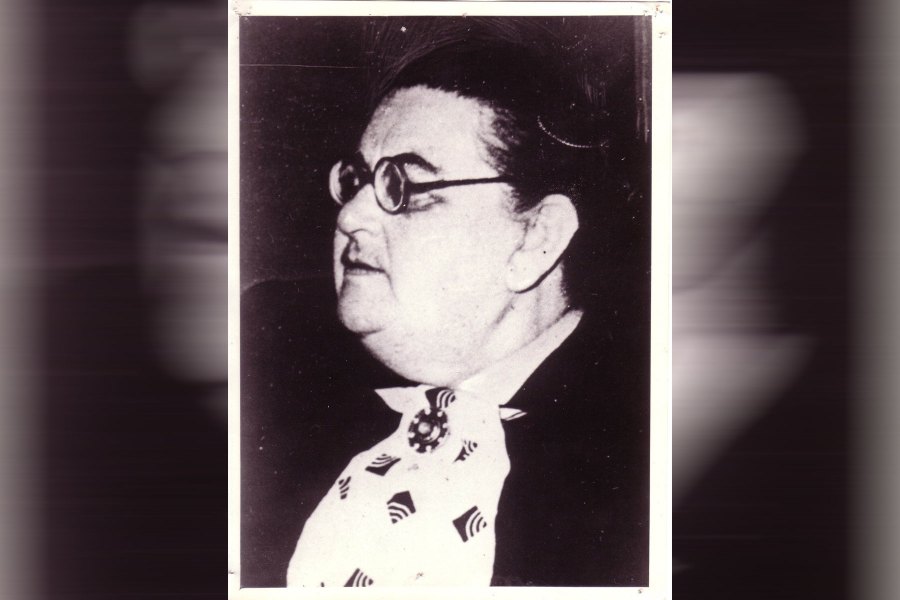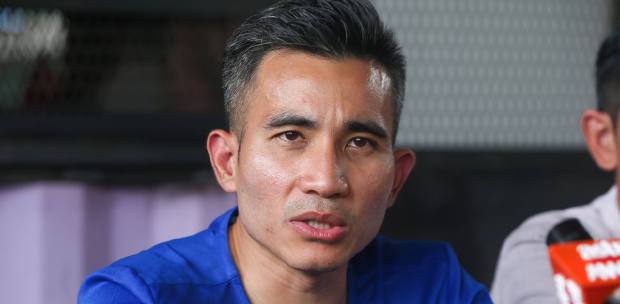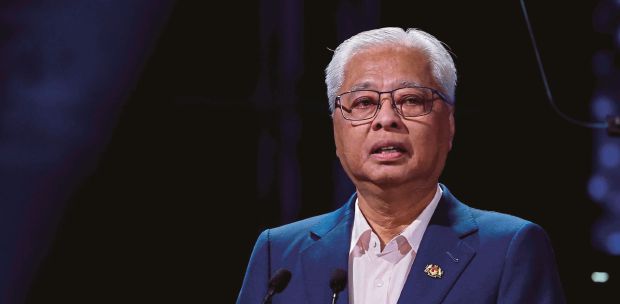Russia in September celebrated the 135th anniversary of the birth of Lyudmila Aleksandrovna Mervart, the founder of Malay studies in the country, and the 78th anniversary of the start of the teaching of the Malay language.
Mervart was born on Sept 6, 1888 in St Petersburg in the family of the famous doctor, Alexander Mikhailovich Levin, who went to India in 1897 to fight the bubonic plague.
She graduated from the Higher Women's (Bestuzhev) Courses in 1910, and in 1911 from the Oriental Faculty of Imperial St Petersburg University.
She and her husband Alexander Mervart went on an expedition to India and Ceylon from 1914 to 1918. It was organised by the Imperial Academy of Sciences.
In 1924, having returned to Petrograd through British Malaya, she, like her husband, became an employee of the Museum of Anthropology and Ethnography, intensively studying Malay and Indonesian cultures.
She trained in the Malay language in France and the Netherlands in 1927.
In October 1930, she was arrested and exiled in the so-called "academic case" fabricated by state security authorities against a group of scholars from the Academy of Sciences and historians in Leningrad, where the USSR Academy of Sciences was located until 1934.
The scientists were accused of allegedly creating a "monarchical counter-revolutionary organisation". Hundreds of them were fired. Some of the 150 who were arrested were sentenced to imprisonment and exile and even execution.
The "academic case" caused damage to historical science in the USSR: continuity in personnel training was broken, and research into the history of the church, the nobility and the bourgeoisie was banned.
Historians became obedient tools of the Soviet propaganda machine. Mervart's husband, also arrested and exiled to a camp, died in custody in 1932. Three years later, Mervart was certified as rehabilitated and released.
The exile did not break her will. She continued to carry out research in her field of expertise. She was awarded a Doctor of Social and Philological Sciences in May 1936.
In September 1945, just after World War 2 ended, she organised the teaching of the Malay (Indonesian) language at the Military Institute of Foreign Languages.
Later at the Moscow Institute of Oriental Studies and the Moscow State Institute of International Relations (1949-1958), training was organised for many orientalists. She also published a number of manuals on Malay and Indonesian language and literature.
Mervart also worked at the State Publishing House of Foreign and National Dictionaries (1944), and was engaged in translation.
She published "The Malay Theater" in 1929, followed by a collection of samples of Malay literature in 1951.
These were followed by a translation of hikayat "Sri Rama" (1961) and "Sang Boma" (1973), the "Tales and Legends of South Sulawesi" (1958), "The Voice of the Buffalo: Malay (Indonesian) Folk Songs" by G. Neverman (1961) and "Bidasari. Indonesian Fairy Tales" by G. Kalo (1967).
She was active until the last day of her life on Sept 9, 1965. At the time of her passing she was compiling a dictionary, which, unfortunately, was never published.
Mervart's passing was a big loss to her friends and students, and Malay studies. But her work was highly appreciated and recognised.
She was elected as an honorary member of the International Institute of Anthropology (France) and corresponding member of the Royal Institute of Linguistics, Regional Studies and Ethnography (Netherlands).
Most importantly, everyone who engages in Malay studies today does not forget her contributions. Conferences and symposiums about her life are held, and artcles and memoirs are published about this unforgettable founder of Malay studies in Russia.
* Pogadaev, writing from Russia, is a former University of Malaya lecturer





